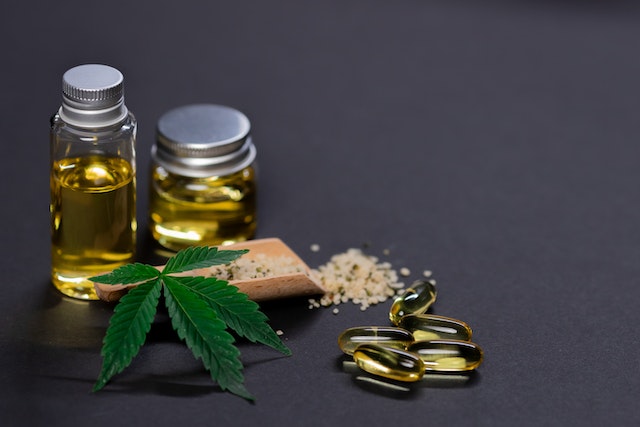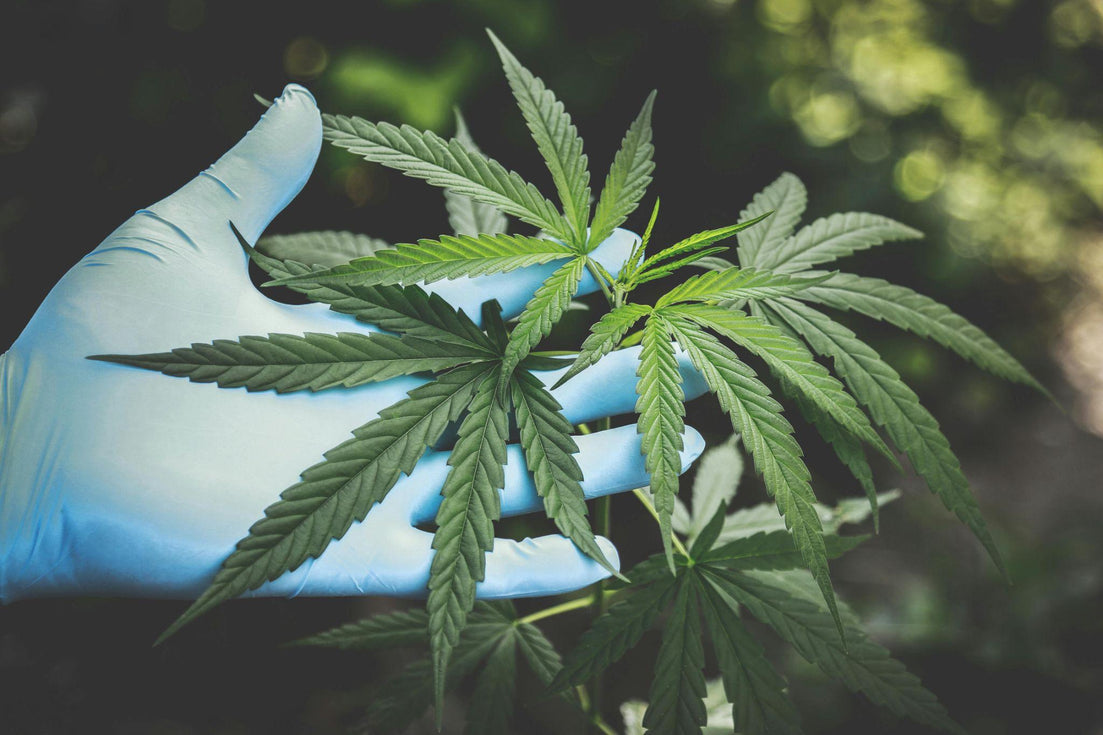Your cart is currently empty.

In the bustling hub of wellness trends, two acronyms have sparked significant interest: CBDA and CBD. Despite their similar appearances, these two compounds found in cannabis hold different properties and impacts on health and well-being. Understanding the distinction between CBDA and CBD is not merely a matter of scientific curiosity. It can play a crucial role in making informed decisions about our wellness choices. As we delve into the fascinating world of these cannabinoids, let's unravel their unique characteristics, potential benefits, and reasons why recognizing their differences matters.
Selecting the Right Product for Individual Needs
The effects of CBDA and CBD vary, and understanding these differences can help individuals choose the product that best aligns with their health goals. For example, someone seeking anti-inflammatory effects might choose CBD, while a person looking for aid with nausea might opt for CBDA. Of course, turning to online resources like Natural Dos or even to the expertise of health professionals can provide additional guidance in making informed decisions and finding a product that suits individual needs. However, if you want to dig deeper into the details, you can always do your own research and gather as much information as possible. Essentially, the key to making an informed decision about which cannabinoid product works best for you is to understand the differences between CBDA and CBD.
Achieving Effective Dosage
Due to the distinct properties of CBDA and CBD, the dosage required to achieve desired results may differ. Knowing this can help in determining appropriate dosage levels, thus maximizing the potential benefits. Additionally, understanding the differences between CBDA and CBD can prove useful when exploring new products. For instance, it can be helpful to know whether a product contains CBDA or CBD in order to identify the most appropriate dosage for consumption. However, it's always important to consult with a health professional before trying any cannabis-derived product. For some individuals, the use of cannabis-related products may not be appropriate due to their medical condition, so it's essential to get an expert opinion.
Understanding Potential Side Effects
Both CBD and CBDA have different side effect profiles. Being aware of these can help individuals be better prepared and manage potential side effects effectively. For example, while CBD is known to have minimal side effects, CBDA has been associated with fatigue or sedation in some cases. Understanding the unique characteristics of each compound can aid in identifying unwanted effects and minimizing their occurrence. Furthermore, gaining knowledge about potential interactions between cannabinoids and any medications being taken can help avoid undesired mishaps. Additionally, it is beneficial to monitor changes in health and well-being before, during, and after using a cannabis-derived product.
Informed Conversations with Healthcare Providers
A clear understanding of CBDA vs. CBD enables more informed discussions with healthcare providers, leading to better guidance and safer use of these compounds. By being mindful of the distinctions between CBDA and CBD, individuals can soundly make decisions about their wellness choices. This knowledge also serves to foster more informed conversations when consulting with medical professionals, allowing for a greater understanding of individual needs and preferences. Moreover, understanding the specificities of CBDA and CBD can benefit healthcare providers in providing safer and more tailored advice. In the case of conditions where medical cannabis is recommended, healthcare professionals can provide more specific instructions on the use of CBDA and CBD.

Enhancing Personal Wellness Journey
Knowledge about CBDA and CBD can empower individuals in their personal wellness journey, allowing them to explore and utilize the potential benefits of these compounds in a manner that best suits their needs and lifestyle. Ultimately, gaining an understanding of the differences between CBDA and CBD is a crucial step in making informed decisions about our health and well-being. By doing so, we can unlock the potential benefits of these compounds while avoiding any unwanted effects or interactions. In this regard, recognizing the distinctions between CBDA and CBD is more than just scientific curiosity; it's an important factor in maximizing the potential of cannabis-derived products.
Minimizing the Risk of Unsafe Usage
Becoming well-versed with CBDA and CBD can also help individuals recognize potential risks associated with unsafe usage, thus minimizing the chances of adverse effects. Unsafe usage of cannabis-derived products can involve inadequate or incorrect dosing, as well as combining different strains and products without knowledgeable guidance. Knowing the differences between CBDA and CBD is vital in avoiding the risk of associated adverse effects. This knowledge also allows individuals to identify whether a product contains one or both compounds and make informed decisions about its use. Ultimately, understanding CBDA and CBD can serve as a safeguard for achieving an optimal experience with cannabis-derived products.
Ultimately, recognizing the uniqueness of CBDA and CBD is key to unlocking their potential benefits for personal wellness. By understanding the distinctions between them, we can make informed decisions about our health that are tailored to individual needs and preferences. Moreover, gaining knowledge of their unique effects can help us determine the right product, dosage levels, and potential side effects. This information can also empower healthcare professionals to provide more tailored advice to individuals looking to explore the potential benefits of CBDA and CBD. Gaining insight into the nuances of CBDA and CBD is essential in maximizing their potential benefits while avoiding unwanted risks. Consequently, taking the time to understand these compounds can be a valuable tool for achieving health and well-being.



